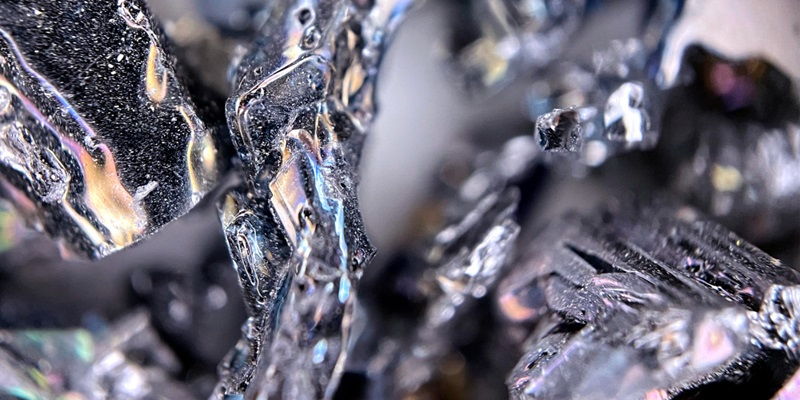A collaborative materials research team from the National Institute for Materials Science (NIMS) and Nagoya University has achieved a significant breakthrough in the field of materials research. By harnessing the power of artificial intelligence (AI), the team has successfully developed a two-step thermal aging process with the aim of producing nickel-aluminum (Ni-Al) alloys that possess exceptional high-temperature strength compared to traditional aging methods.
Utilizing AI Techniques to Enhance Alloys’ Strength
Through the use of advanced AI techniques, the research team was able to identify multiple non-isothermal aging schedules that displayed the potential to improve the strength of Ni-Al alloys at elevated temperatures. The AI algorithms analyzed vast amounts of data, highlighting patterns and correlations that could enhance the alloys’ properties.
Elucidating the Mechanisms Behind Optimal Schedules
In an effort to better grasp the underlying mechanisms governing these schedules, the research team conducted in-depth analysis and investigation. By meticulously examining the results, they uncovered valuable insights into the potential of AI in generating new discoveries within materials research. These findings motivate further exploration and emphasize the capabilities of AI in the field.
Focus on Ni-Al Alloys with γ/γʹ Microstructure
The study focused on nickel-aluminum alloys that possess a γ/γʹ (gamma/gamma prime) two-phase microstructure. This arrangement, characterized by a mixture of two distinct phases, plays a vital role in determining the alloys’ high-temperature strength. Achieving optimal size and volume fraction of the γʹ phase is crucial for enhancing the alloys’ properties.
Transition to Computational Simulations
To optimize efficiency and reduce costs, the research team transitioned from traditional experimental methods to computational simulations. This strategic shift allowed them to simulate various aging scenarios for Ni-Al alloys accurately. By capturing the complex interplay between factors, computational simulations provided valuable insights and significantly streamlined the research process.
To simplify the optimization process and identify the most promising aging combinations, the team utilized a Monte Carlo Tree Search (MCTS) system. This AI algorithm condensed an extensive array of possible combinations into a select few optimal ones. The MCTS algorithm proved effective in identifying schedules capable of enhancing the strength of Ni-Al alloys.
Unveiling the Mechanisms Governing Optimal Schedules
Intriguingly, the meticulous scrutiny revealed the key mechanisms behind optimal aging schedules. The team observed that initiating the aging process with a short, high-temperature phase prompted γ´ precipitates to grow to nearly optimal sizes. Subsequent prolonged, low-temperature aging enhanced the volume fraction of γ´ precipitates while preventing excessive growth. This discovery laid the groundwork for the development of a two-step thermal aging plan.
Designing a Two-Step Thermal Aging Plan
Based on the revealed mechanisms, the research team devised a novel two-step thermal aging plan. This approach involves initiating the process with a brief period of high-temperature aging, followed by an extended period at lower temperatures. Through this optimized plan, the team achieved superior high-temperature strength in Ni-Al alloys, surpassing the capabilities of conventional methods.
Advancing Practical Applications
The implications of this groundbreaking study extend beyond theoretical research. The team aims to leverage this AI-driven method to enhance the high-temperature strength of complex nickel-based superalloys used in gas turbines. By improving the properties of these critical components, the researchers hope to contribute to advancements in aerospace technology, energy production, and other practical applications.
The collaborative efforts of NIMS and Nagoya University have demonstrated the extraordinary potential of artificial intelligence in materials research. By employing AI techniques and computational simulations, the team successfully devised a two-step thermal aging process to optimize the high-temperature strength of Ni-Al alloys. This breakthrough has opened new pathways for future exploration and inspires further application of AI in materials research, promising to revolutionize the development of advanced alloys.

